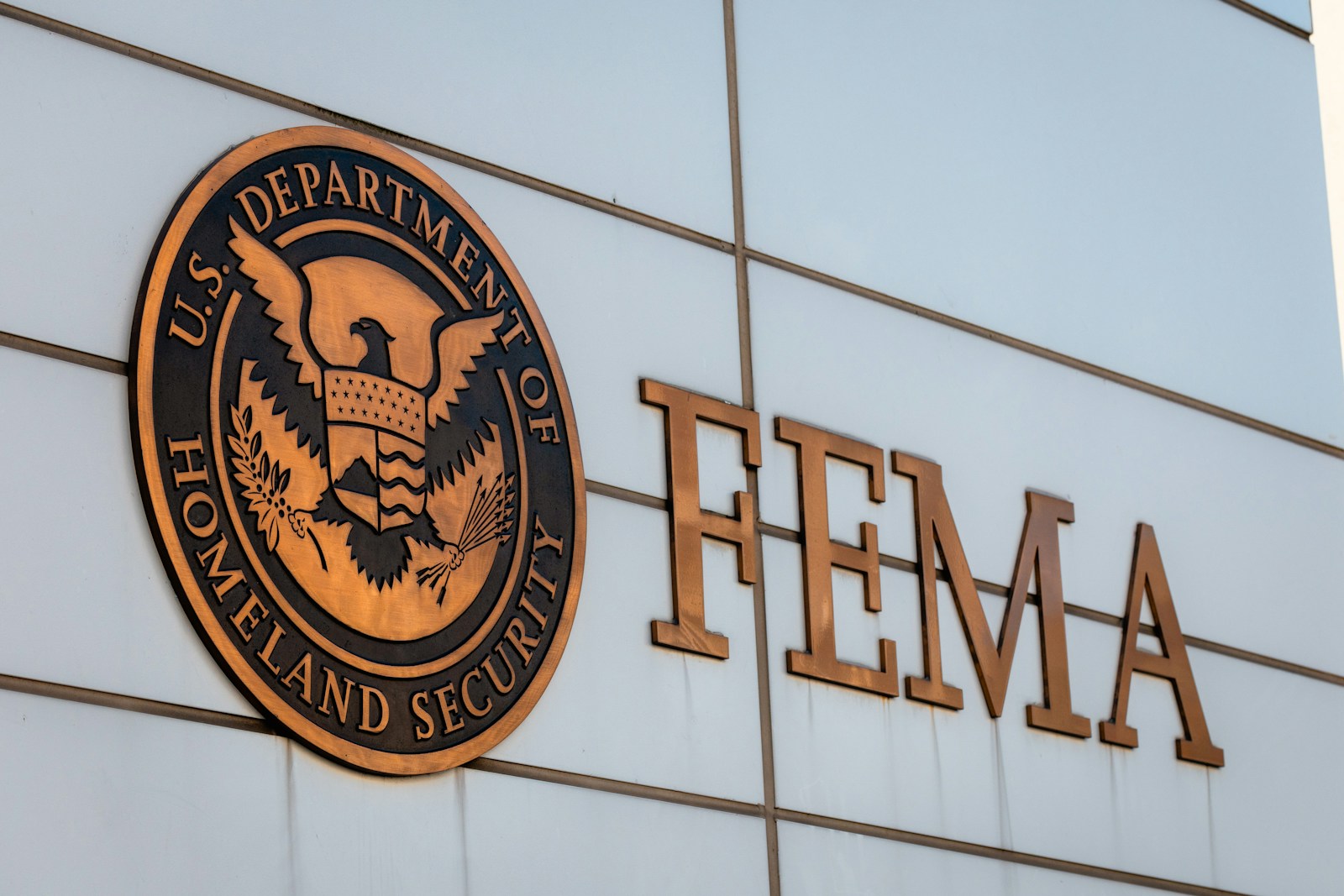Key takeaways
– A coalition of faith groups sued the US Department of Homeland Security
– They claim policy changes let agents arrest immigrants at places of worship
– The groups say these actions broke long held religious protections
– Attendance and giving at many churches fell sharply under the policy
– Plaintiffs include Lutheran synods, Baptists, Friends Meeting, and more
Background
In early twenty twenty five, the Department of Homeland Security eased rules on immigration raids. Before then, agents could not enter churches and other worship places except in rare cases. Faith groups say this change put worshippers at risk. They filed suit in a Massachusetts federal court. The complaint names multiple religious bodies as plaintiffs. They argue the policy hurts people of all faiths and citizenship statuses.
Changes to Enforcement Policy
Under the new rules, officers may conduct immigration operations near or inside worship sites more freely. The faith groups point out that a senior official approved this big shift. As a result, agents can question, detain, or even arrest people attending services. In turn, worshippers feel unsafe in spaces they once saw as refuge.
Impact on Worshippers
Many congregations say attendance dropped sharply since the policy took effect. In addition, donations to church budgets plunged. Leaders report parishioners now avoid public worship or limit in person meetings. They delay or hold sacraments like baptisms in private homes. Moreover, programs that supported immigrant communities have shut down. Fear of raids has forced these ministries to go silent.
Legal Claims
The lawsuit argues the policy breaches the First Amendment right to free exercise of religion. It also cites the Religious Freedom Restoration Act. That law requires the government to use the least restrictive path when it limits faith practices. The complaint asks the court to declare the immigration policy unconstitutional. It seeks an order to restore the older, stricter safeguards.
Voices from the Pulpit
Religious leaders described sharp concern and anger over the new policy. One Baptist board president called the raids a moral failure. She said that sacred spaces now feel unsafe for immigrants and refugees. A Lutheran bishop in Milwaukee labeled the actions an assault on religious liberty. He added that people of all faiths now fear joining worship services.
Legal Support
A major civil rights group joined as co counsel in the case. Its legal director said this battle affects every house of worship. He pledged to protect the Constitution’s guarantee of religious freedom. He also noted that the policy threatens core values of faith based communities.
What Comes Next
The court will set hearing dates soon after both sides file responses. During these hearings, judges will review evidence and hear arguments. The faith groups hope the court blocks the policy changes quickly. In the meantime, congregations continue to adapt. Some hold outdoor services. Others offer virtual worship to reach scared members.
Broader Implications
If successful, the suit could restore tighter limits on immigration enforcement at worship places. It may also guide other federal agencies on handling sensitive sites. Furthermore, it could affirm the idea that churches and temples remain refuges from state power. The outcome may shape debates on faith and immigration for years ahead.
Community Response
Local volunteers have rallied around affected churches. They distribute safe ride programs for worshippers. In addition, legal clinics help immigrants understand their rights. Some faith groups plan joint actions to raise awareness. Their goal is to show solidarity across religions.
Conclusion
Faith based organizations argue that worship spaces must stay off limits for immigration raids. They believe the policy change broke long standing protections. Now they turn to the courts to restore safety in houses of worship. The coming weeks will reveal whether judges back their view. Until then, churches continue to serve their communities under a shadow of fear.
